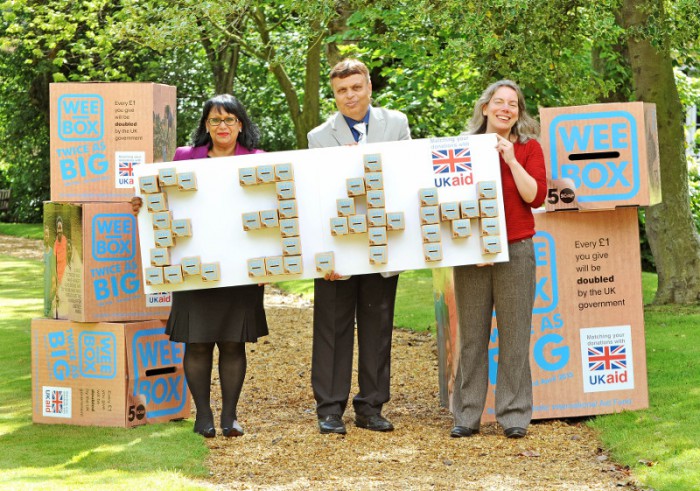
There is plenty of bad news about. But let’s also celebrate the success stories.
One such has been the partnership between the UK’s principal Catholic charities from the Caritas Internationalis family and the British government in their joint efforts to maximise funds raised by British donors to support projects benefiting some of the world’s poorest people.
In 2011, the British government launched the UK Aid Match scheme, through which the government promised to double money donated by the public to appeals for charity projects in developing countries. It had a double purpose. It would reward British people for their generosity, giving the British public a greater say in how part of the aid budget is spent by supporting their own choices. And, by doing so, it would contribute to poverty reduction in developing countries.
It has been a great success. And recently, the Scottish Catholic International Aid Fund (SCIAF) and CAFOD, the Catholic Church’s aid agency in England and Wales, announced that thanks to UK Aid Match their Lent appeals had not only reached their targets but broken previous records. SCIAF’s Wee Box Appeal, including for projects supporting women farmers in Malawi, Rwanda and the Democratic Republic of Congo, raised £1.7m, doubled to £3.4m with UK Aid Match. CAFOD’s Lent appeal raised £5m, doubled to £10m.
This is not small change. These are substantial funds, reflecting the generosity of amongst others, the British Catholic community, and the wisdom of a government scheme designed to work alongside the charity sector on shared goals. It is great that Britain’s Catholic Church charities are benefiting. And, more importantly, that the beneficiaries of their work, amongst the world’s poorest, will too.
